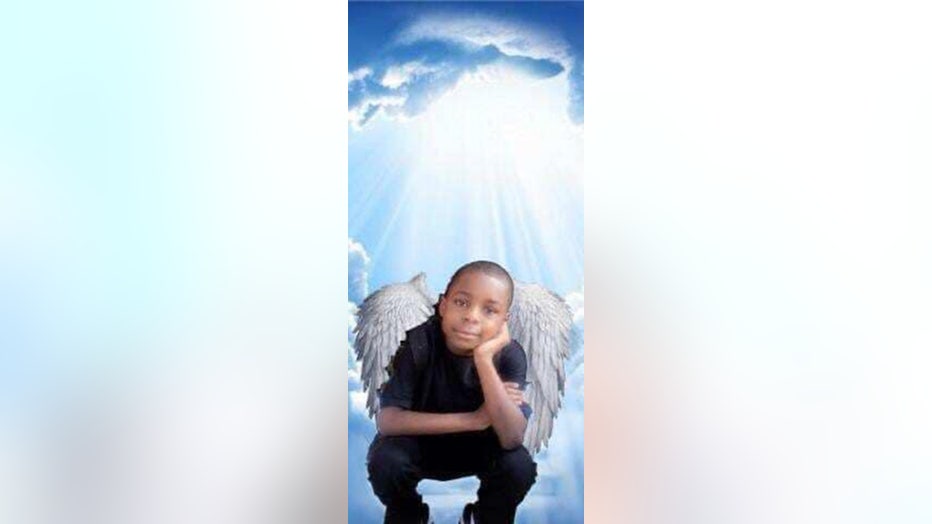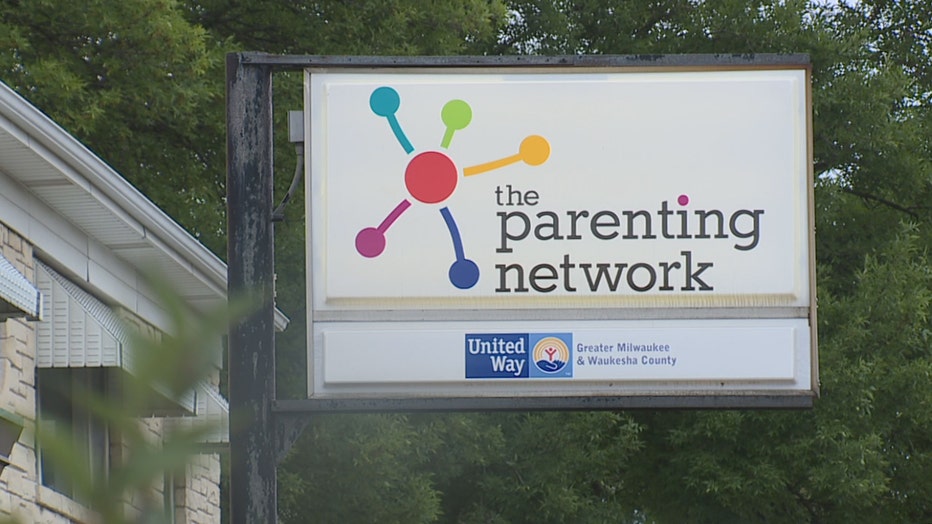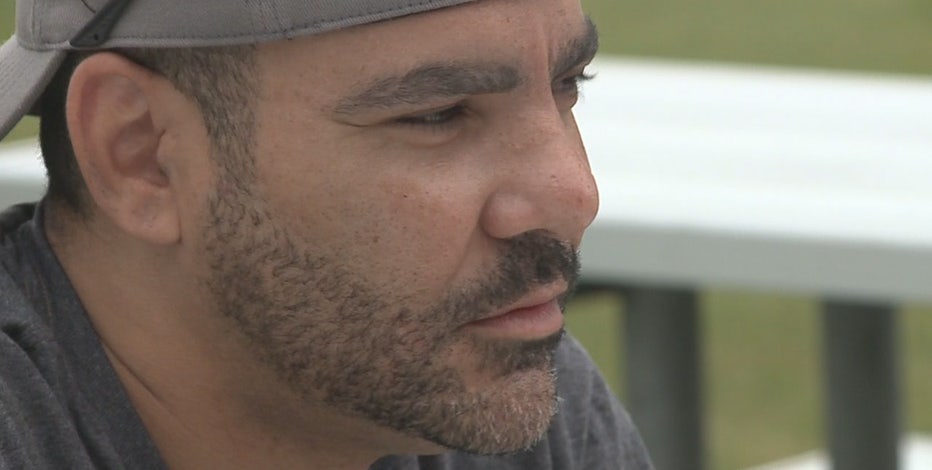Milwaukee boy killed: Abuse prevention, intervention resources

Milwaukee boy killed: Child abuse prevention, intervention resources
Experts say while it may be difficult to intervene in situations of abuse or neglect, when it comes to protecting children, everyone can play a role.
MILWAUKEE - The homicide of 12-year-old Andre Smith II on Sunday, Aug. 29 – his grandfather, the accused killer – sent shockwaves throughout Milwaukee and beyond.
Experts say that while it may be difficult to intervene in situations of abuse or neglect, doing so can save lives – and that when it comes to protecting children, everyone can play a role in keeping them safe.
"This family is going to need the community to wrap its arms around them," said Debbie Minsky-Kelly, Carthage College social work professor.
SIGN UP TODAY: Get daily headlines, breaking news emails from FOX6 News
As loved ones mourn Smith's loss and begin a long journey toward healing, community members are also grappling with the traumatic details of his homicide – and looking for ways to help.
"Recovery from trauma really requires connection to others and being in community with others," Minsky-Kelly said.

Andre Smith II (Photo provided by family.)
Joyce Felker, executive director of The Parenting Network in Milwaukee, said neighbors need to be the eyes and ears of our communities.
"It didn't have to happen. Things like this are preventable," said Felker. "We need to get over the myth that it is none of our business. It is our business. Kids are our business."
FREE DOWNLOAD: Get breaking news alerts in the FOX6 News app for iOS or Android.
Felker said that could be as simple as knocking on a neighbor's door if something does not seem right.
"To go and say, ‘Hey, I noticed there's something going on here, do you need some help, do you need some support?'" Felker said.
Without prevention or intervention, experts said child abuse trauma can last a lifetime.
"Children's brains are developing. The way that our brains develop is sequential. If brain development is interrupted by chronic trauma, subsequent areas of brain development just cannot develop properly," said Minsky-Kelly.

The Parenting Network
Minsky-Kelly teaches a semester-long course on trauma. She, too, urges people to get to know their neighbors and not to be afraid to ask for help.
"Healthy families, grow up in healthy communities," Minsky-Kelly said.
"Asking for help is a sign of strength," said Felker.
Talking to your children:
Both experts said that if your children have heard about Smith's homicide and are asking questions, it is OK to not have answers.
"'Why, why did that happen, why did they do that?' Sometimes parents think we need to have this perfect, complicated answer, and it may be as simple as, ‘Honey, I don't know why they did that, but I love you and I want you to be safe, and I want you to know you can always trust me,'" said Felker.
Felker and Minsky-Kelly urge parents to help their children identify their emotions and work through them.
"Using this, perhaps, as a teachable moment. If you're feeling uncomfortable in somebody's house, or in the neighborhood, come back home, find a safe adult," said Minsky-Kelly. "And opening the door to your child expressing their feelings about it."
Resources:
Parents looking for resources or just needing someone to talk to can call The Parenting Network helpline 24/7 at 414-671-0566.
- Report Child Abuse and Neglect in Milwaukee County: Call 414-220-SAFE (7233)
- Milwaukee County Child Protective Services
- Children's Wisconsin: Report child abuse
- Children's Wisconsin: Child abuse prevention
Wisconsin Department of Children and Families
- Recognizing the signs of abuse
- Reporting suspected child maltreatment (includes brochures in English, Spanish and Hmong)
- Child protective services agency contact information
- Mandated reporter online training
- Child welfare data and reports
Featured
Milwaukee man accused of killing grandson, beaten with sledgehammer
A 53-year-old Milwaukee man is accused of killing his 12-year-old grandson over money that was allegedly taken from his wallet.
Featured
Overdose awareness: Milwaukee memorial held amid rise
On International Overdose Awareness Day, a Milwaukee memorial sought to raise awareness and provide resources as incidents increase.
Featured
Army Reservist wishes Afghanistan pullout had been done differently
After two decades, opinions can vary widely among those who served in Afghanistan – even before the war on terror began.




